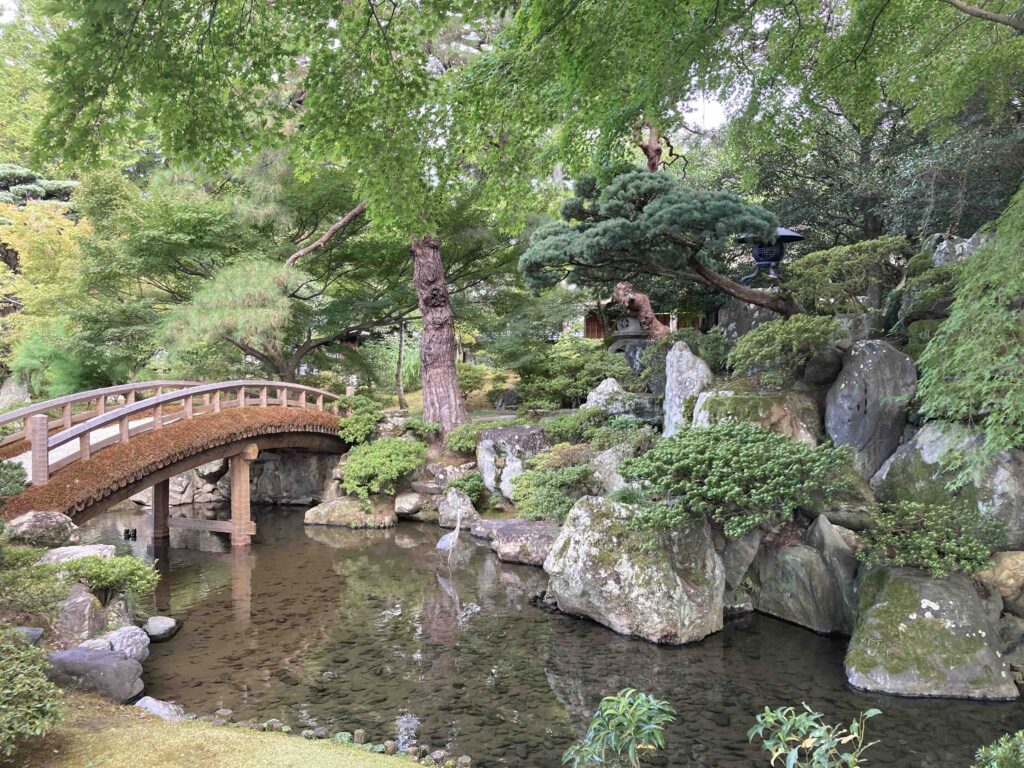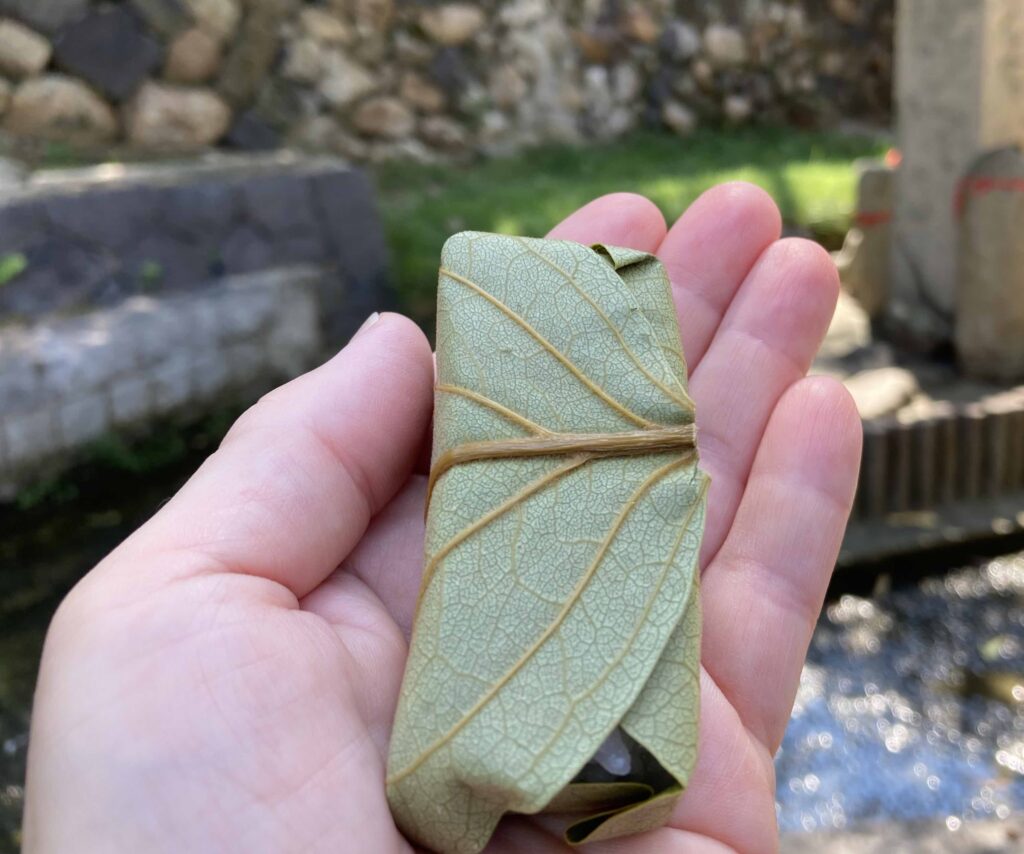
[If you’re here from No Sidebar, thank you and welcome! Please feel free to comment–I’d love to hear from you. For postcards I write from, well, wherever we are, join me at https://launaatlarge.substack.com/. ]
As part of our new lives as minimalists, my husband and I travel full time. We whittled our possessions down to a neat row of boxes in a friend’s basement, and we travel with a backpack and carry-on suitcase each. I can sometimes feel like I know what there is to know about living a minimalist life.
But then we spent six weeks in Japan, and my understanding of minimalism deepened.
Many Japanese people are minimalists not just in regard to possessions, but across multiple domains of their lives. Of course, my visit wasn’t anywhere near long enough to be an insider into Japanese culture. The deeply observant travel writer Pico Iyer has lived in Japan for over 30 years, and he says he still has much to learn. So much more so do I.
It’s in the spirit of being a curious newcomer, grateful for the chance to visit this beautiful country with a rich and complex history, that I offer what I learned from the subtle ways minimalism shows up in Japan.
- Make the minimalist choice. In the west, we see a lot of images of Japanese minimalism. It can be tempting to think that minimalism is a default in this country–that an uncluttered aesthetic is somehow in the Japanese DNA. But there is the potential for overwhelming clutter here just like in any other developed nation. Japanese stores such as the well-known Don Quijote outlets are packed, floor to ceiling, with a kaleidoscope of appealing objects of all kinds. Japanese people with peaceful, minimalist homes made the choice not to buy stuff, just as minimalists in the west do. It’s a choice to be made and work to be done to achieve it, no matter where we are.
- Embrace empty space. It’s not uncommon to see an entirely blank wall in a Japanese room. Food served in a restaurant, to highlight the cook’s artistry, is likely to have empty space surrounding it on the plate. A Japanese garden nourishes the viewer not through the lushness of the blooms, but through their singularity. I found these purposefully empty spaces to be relaxing not only for my eyes, but also for my mind.
- Do what you’re doing, not something else. A good example of this in Japanese culture is around food and drink. It’s generally considered impolite to walk along while eating or drinking. In downtown Sapporo, for example, we saw people get takeout drinks or snacks, but then they found a bench and had a seat before they opened them. If they sit down in a restaurant, they generally order, eat, and leave efficiently so the table is available for others. This habit of doing one thing at a time cuts down on consumption without thought, which can lead to consuming more than you need.
- Cultivate quiet. Japanese people have regular periods of quiet built into their lives. They commute in quiet (the Tokyo subways are almost completely free from chatter), they often sit quietly in restaurants without piped-in music, and they stroll quietly in parks. There doesn’t seem to be a need to fill the auditory space around them with extra music or extra talking. Once, walking down a busy street in the bustling city of Fukuoka, I had the curious sensation that someone had hit the mute button. It’s remarkably restful to walk through a city with just a minimum of noises meeting your ears.
- Allow sufficient time. There’s a beautiful word in Japanese: yutori. It roughly translates to giving our life tasks the time they need. The poet Naomi Shihab Nye, speaking in an interview about learning yutori from a Japanese student, described it as “a kind of living with spaciousness. For example, it’s leaving early enough to get somewhere so that you know you’re going to arrive early, so when you get there, you have time to look around.” I saw that in daily practice in Japan. Occasionally, of course, someone walked or drove hurriedly, but much more often I saw people taking the time required, getting to their destination without a rush. Just as creating white space on a shelf or in a drawer gives meaning to the few objects contained there, white space in a day gives meaning and dignity to our hours.

Clearing space can take so many forms. My visit to Japan, and reflecting on some wise choices I observed there, has helped me see that I can deepen my practice of reducing clutter–of all kinds. Wherever we are with minimalism, whether we’re living out of a suitcase or just beginning to tackle the clutter on the kitchen counter, we can be reassured that this is a lifelong project, one we share with people around the world. We’re creating meaningful space in our lives.
Thanks for reading, and by the way, I love comments. Bookmark fieldtripnotebook.com for more on self-guided journeys, minimalism, and life of full-time travel. For daily postcards from, well, wherever we are, subscribe to launaatlarge.substack.com. Justin’s insightful writing on personal finance, early retirement, and minimalism is at Living the FIgh Life.

Japanese philosophy of minimalism is a idea of living like a monk, without going to the monastery.
I love that way of framing it. Thank you.